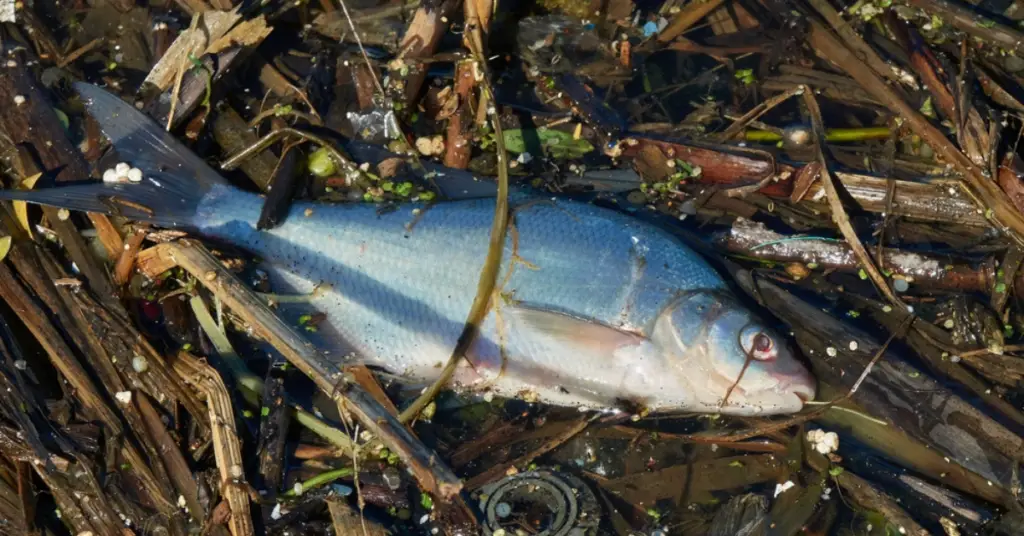Depression in humans is a well-known phenomenon, but what about our aquatic friends? Fish, just like other living creatures, can experience a range of emotions, but can they actually get depressed when another fish dies?
In this article, we will explore the emotional lives of fish, discuss the signs of depression in fish, and offer guidance on how to care for them during such times.
Do Fish Have Emotions?
The Complexity of Fish Emotion
Fish may not be as expressive as mammals, but recent studies suggest that they do have the capacity to experience emotions.
While their emotional range might not be as extensive as that of humans, it’s crucial to understand that fish can and do feel.
Can Fish Experience Depression?
As strange as it might sound, fish can indeed experience depression.
Similar to other animals, fish can go through periods of low mood or sadness, which can be triggered by a variety of factors, including the loss of a tank mate.
Signs of Depression in Fish
Behavioral Changes
One of the most noticeable signs of depression in fish is a change in behavior. Fish that are normally active and social may become lethargic, lose interest in food, and hide away from other fish.
Physical Symptoms
Depressed fish may exhibit physical symptoms such as pale coloration, rapid breathing, and a loss of appetite. These symptoms should be monitored closely, as they can lead to a decline in overall health.

How Fish React to the Loss of a Tank Mate
Mourning the Loss
Fish are capable of forming bonds with their tank mates, and the death of a companion can be a source of stress and sadness for the surviving fish.
Some species are more social than others, and their reactions to loss can vary.
Changes in Tank Dynamics
When a fish dies, the social hierarchy and territory within the tank can shift, leading to changes in behavior and interactions among the remaining fish.
This can further contribute to the stress and sadness experienced by the surviving fish.
How to Help a Depressed Fish
Providing a Comfortable Environment
Ensuring your fish has a comfortable, stress-free environment is key to helping them overcome depression.
This includes maintaining proper water quality, providing hiding spots, and keeping the tank free of aggressive tank mates.
Monitoring Health and Seeking Veterinary Assistance
If your fish is showing signs of depression or poor health, it’s important to monitor their condition closely and seek veterinary assistance if needed.
Early intervention can help prevent further decline in health.
Giving Them Time
Sometimes, the best way to help a fish recover from depression is simply to give them time. As with humans, the grieving process can take time, and patience is important when caring for a depressed fish.
FAQs
Can fish recognize their tank mates?
Yes, fish can recognize their tank mates and form bonds with them. They can differentiate between different individuals and often develop social hierarchies within the tank.
How long does it take for a fish to recover from depression?
The time it takes for a fish to recover from depression can vary depending on factors such as the severity of their depression, their species, and the overall conditions in the tank. It could take days, weeks, or even months for a fish to fully recover.
Can fish experience other emotions besides depression?
Yes, fish can experience a range of emotions, including happiness, fear, and stress. Their emotional responses can be influenced by factors such as their environment, social interactions, and individual experiences.
In light of the evidence, it’s clear that fish can indeed get depressed when another fish dies.
As responsible pet owners, it’s crucial to understand their emotional needs and provide a supportive environment to help them through difficult times.
By paying attention to their behavior and providing them with a safe and healthy environment, we can help our fish overcome depression and live happy, healthy lives.
Conclusion
In conclusion, it’s essential to recognize that fish can experience a range of emotions, including depression.
As pet owners, we have a responsibility to provide our fish with the care and support they need to live healthy, happy lives.
By understanding their emotional needs and providing a supportive environment, we can help our fish overcome difficult times and thrive in their aquatic world.